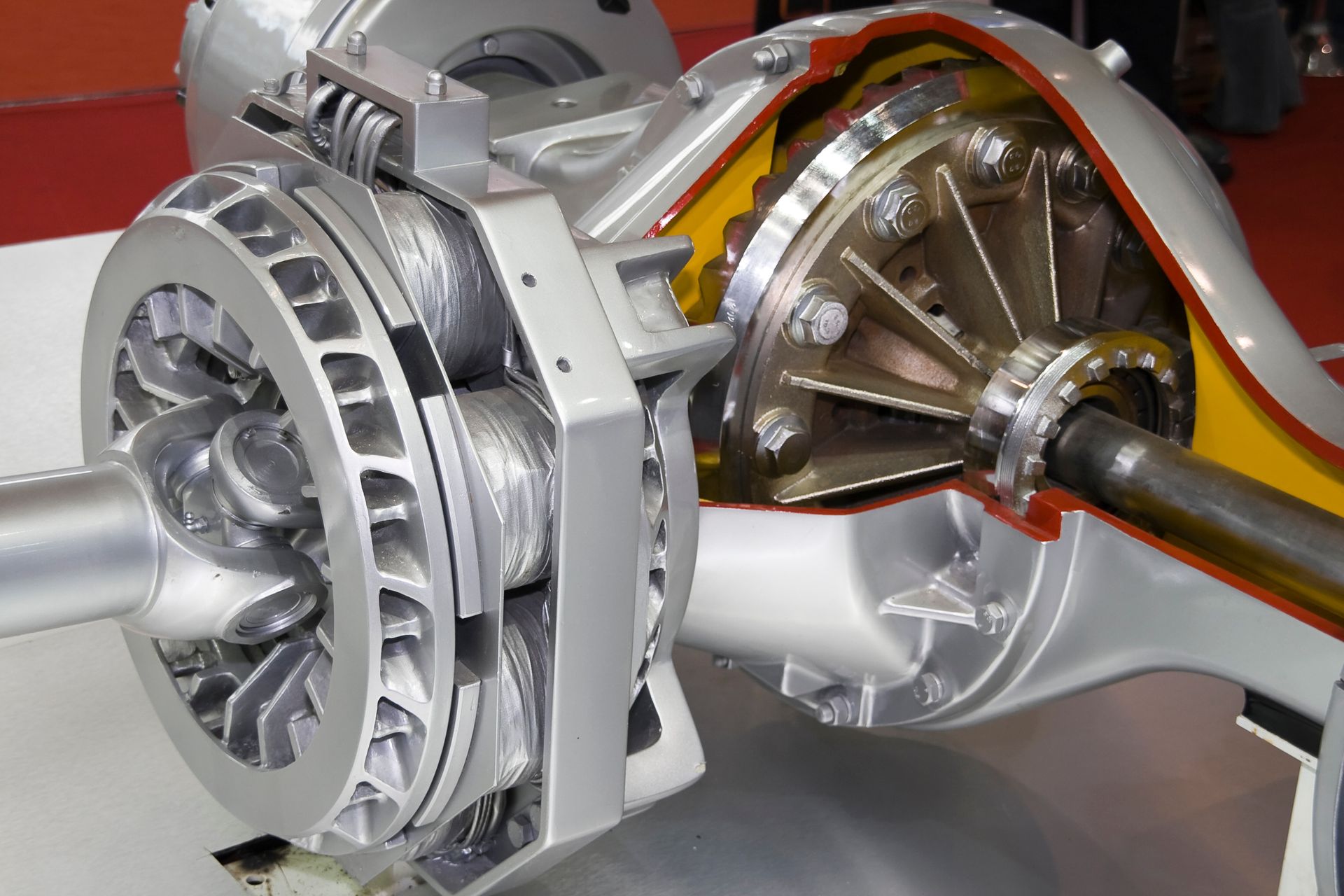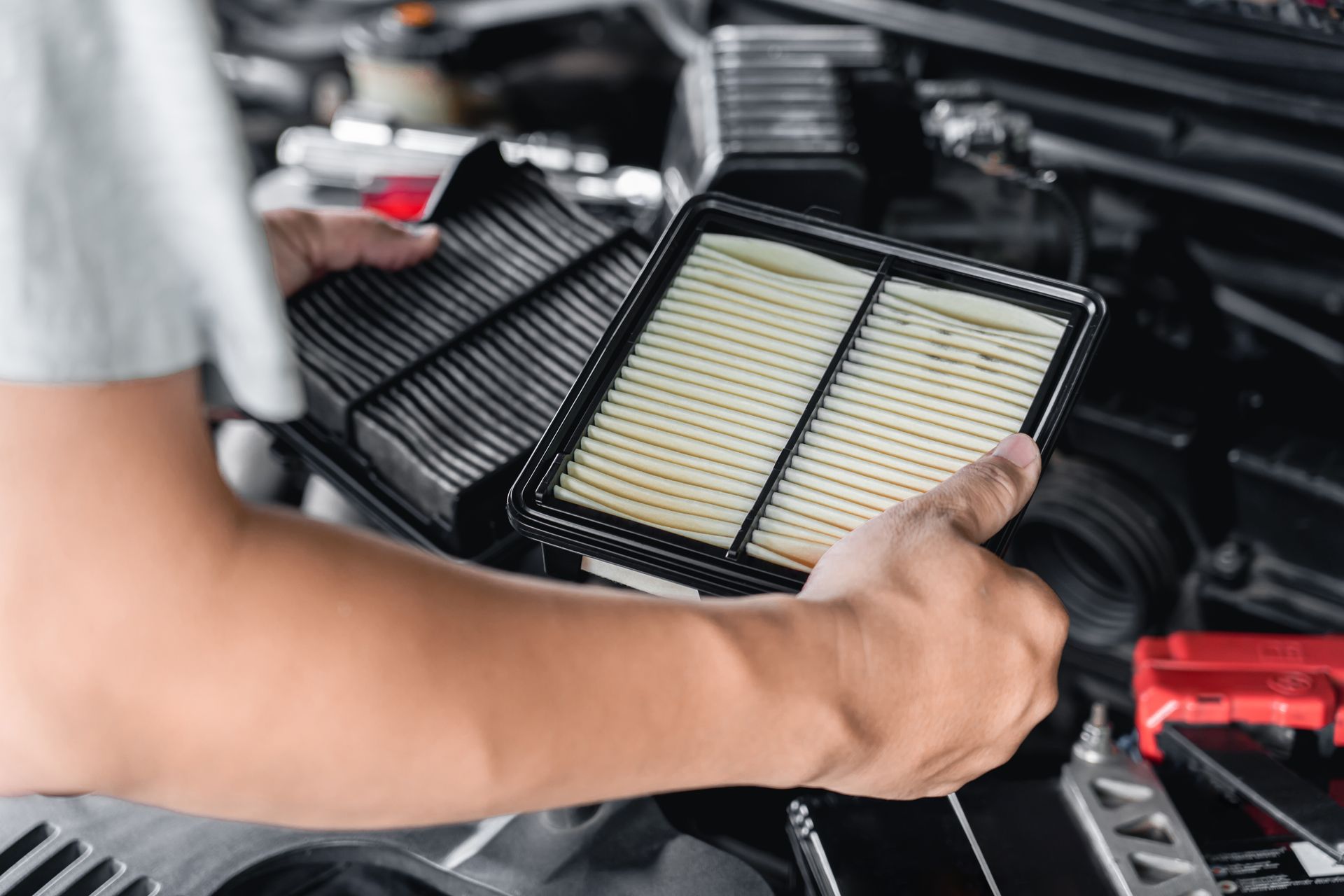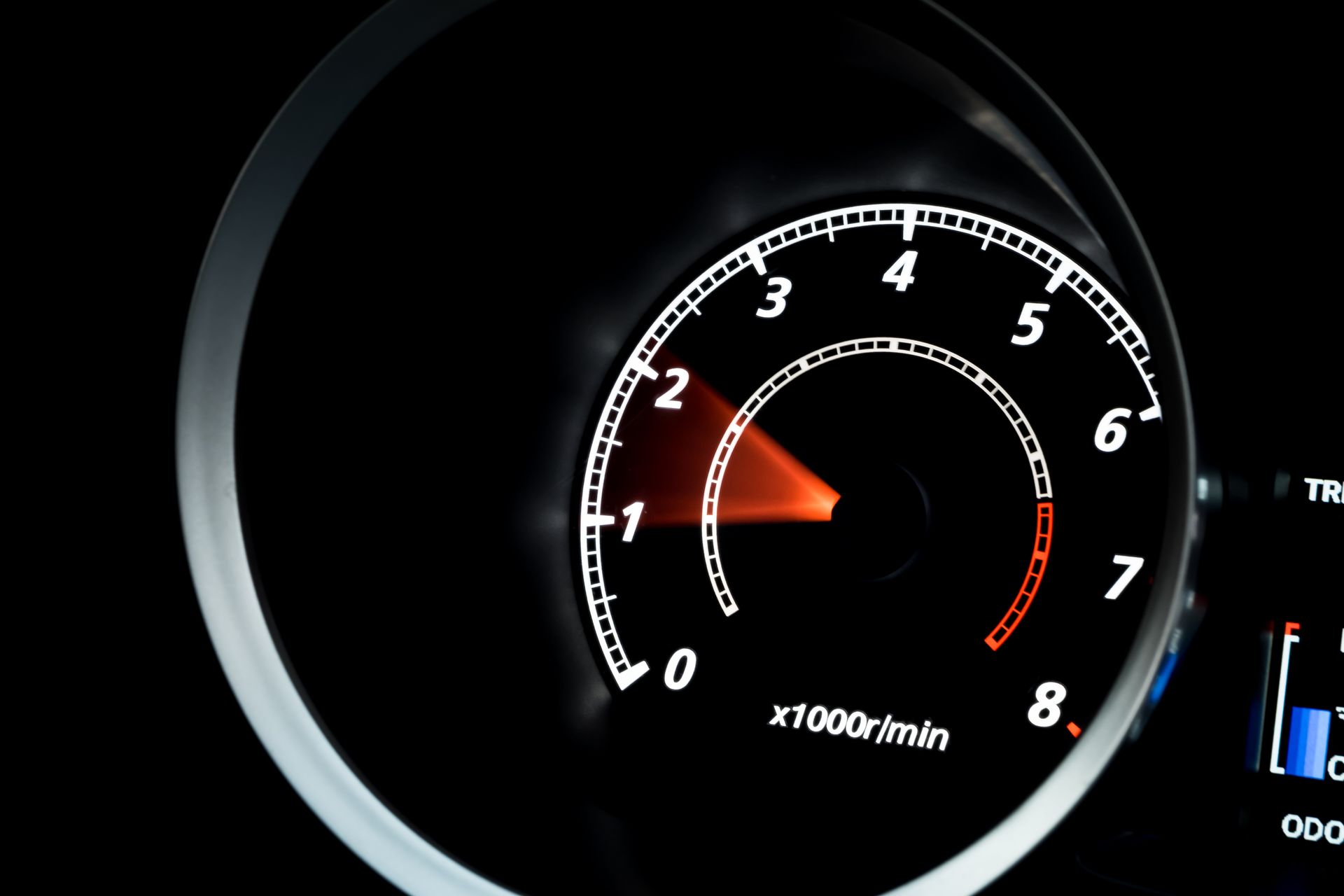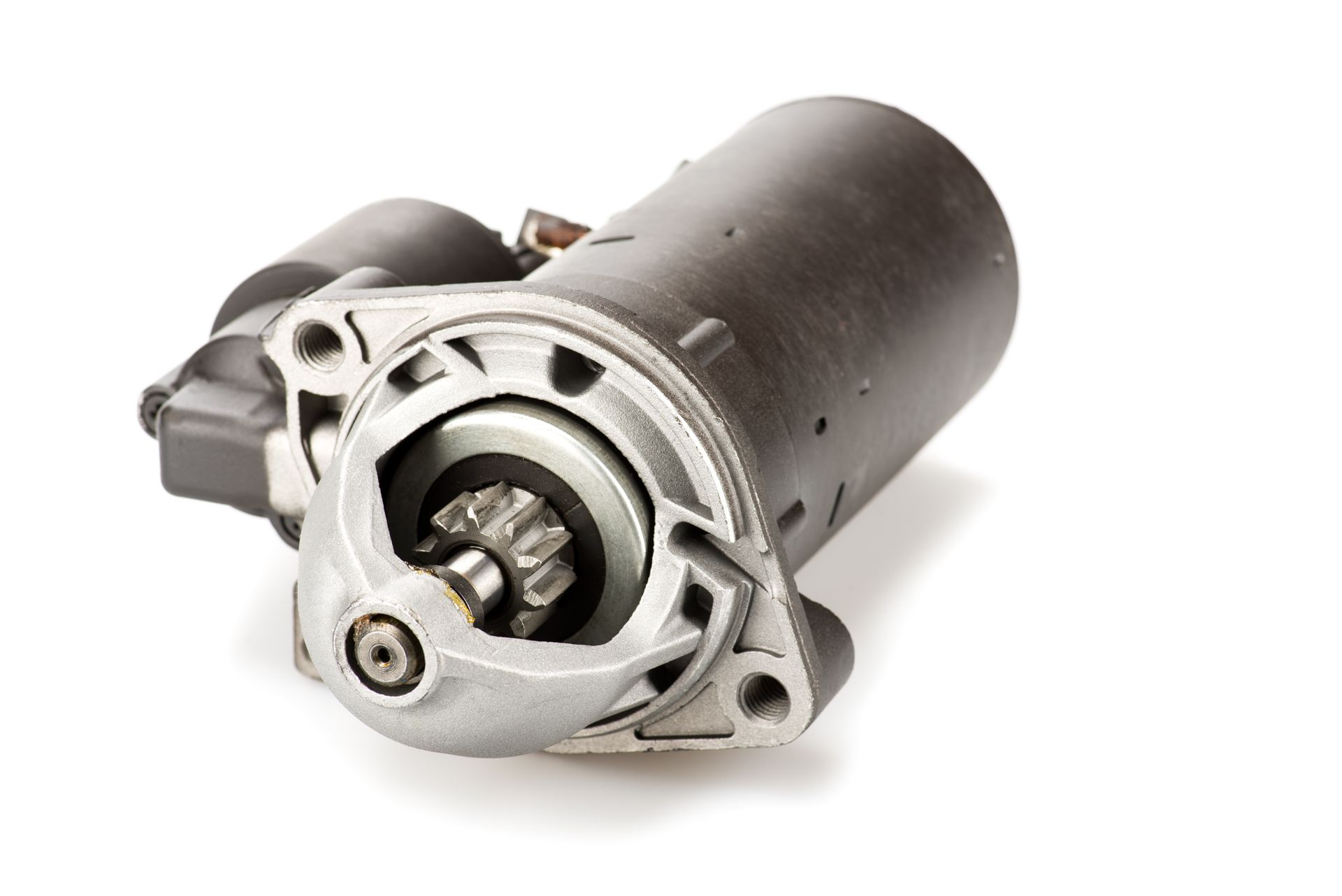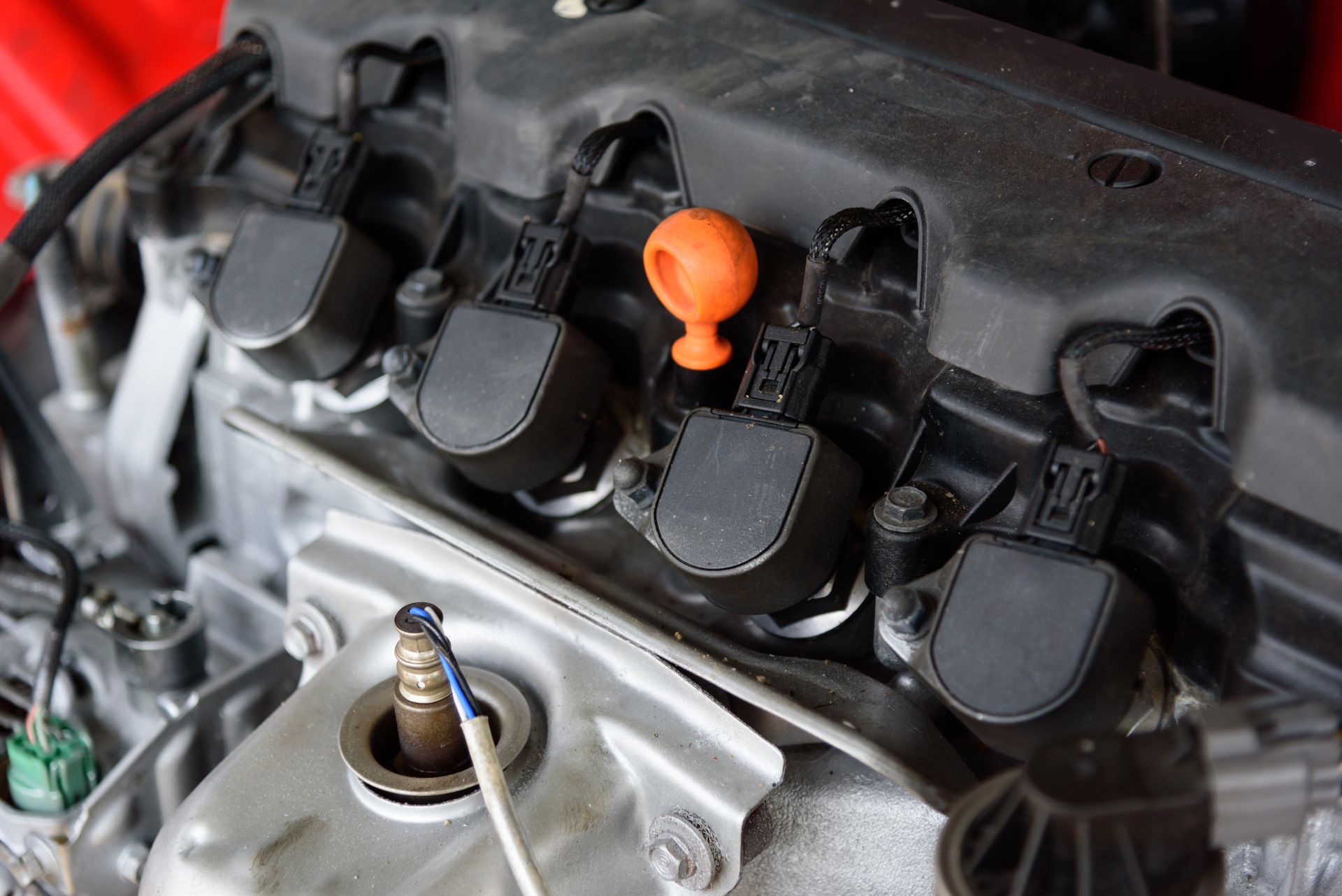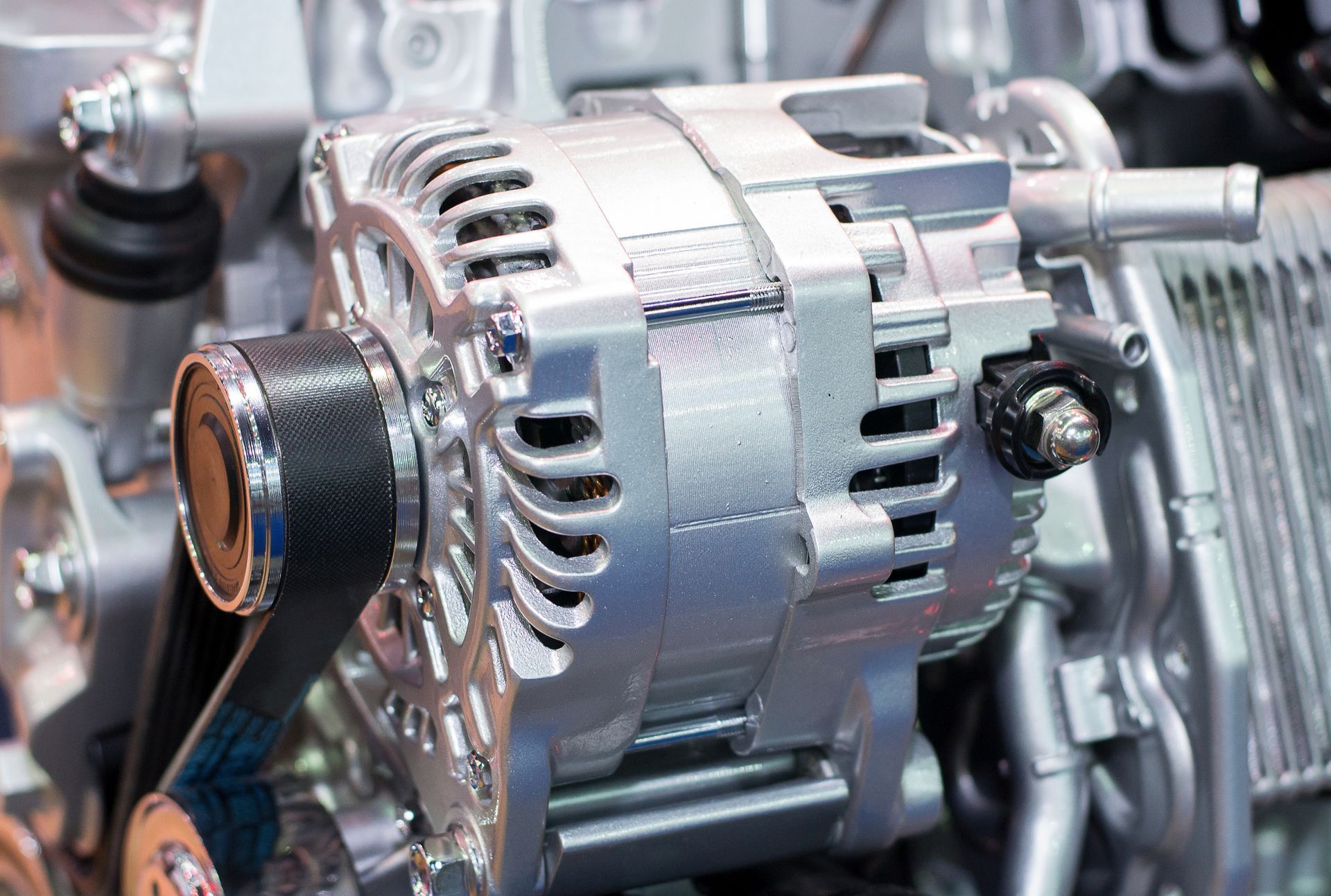Oil changes feel like one of those maintenance items you can push back “just a little longer.” Maybe the sticker on your windshield says it’s time, but your engine sounds fine, so you keep driving. Here’s the truth: skipping an oil change once might not ruin your engine—but doing it consistently or waiting too long can cause real damage.
If you've ever wondered what actually happens when you drive well past your oil change interval, here’s what you need to know.
Fresh Oil vs. Old Oil
Motor oil is the lifeblood of your engine. It lubricates moving parts, reduces friction, keeps temperatures down, and carries away contaminants. Over time, however, that oil starts to break down. It loses viscosity, picks up dirt and debris, and can no longer do its job effectively.
Fresh oil flows easily and coats internal engine components. Old oil becomes thick and sludgy, making it harder for the engine to operate efficiently. Once it breaks down too far, it stops protecting the engine entirely.
The Silent Buildup of Engine Sludge
The longer you drive with dirty oil, the more sludge forms inside your engine. Sludge is a thick, tar-like substance made from oxidized oil and particles. It clings to engine components, blocking oil passages and reducing lubrication where it's needed most.
This sludge doesn’t just go away on its own. It builds up gradually and can eventually clog oil filters and cause uneven wear. Some areas might get too much oil, while others get none at all—setting the stage for major mechanical failure.
Increased Friction and Heat
Oil’s main job is to keep things cool and moving freely. When oil breaks down or runs low, metal parts begin grinding against each other with increased resistance. This friction generates heat—more than the cooling system is designed to handle.
Over time, these high temperatures can warp engine components, damage gaskets, and even crack the cylinder head. You might not notice the issue right away, but internal wear adds up fast.
Reduced Fuel Efficiency and Performance
Old oil forces your engine to work harder. It doesn’t flow as well, doesn’t lubricate efficiently, and doesn’t cool like it should. The engine becomes less efficient, often burning more fuel just to maintain the same power output.
You may notice your miles per gallon dropping, acceleration feeling sluggish, or strange noises coming from under the hood—all signs that the engine is straining under the weight of dirty or depleted oil.
Possible Engine Failure
In worst-case scenarios, skipping oil changes for too long can lead to catastrophic engine failure. Without lubrication, metal components grind together until they seize or snap. The damage could be severe enough to require a full engine rebuild or replacement.
And here’s the kicker—many warranties become void if you don’t follow the recommended maintenance schedule. That skipped $60 oil change could turn into a $6,000 engine bill.
Warning Signs You’ve Waited Too Long
Sometimes, your car will let you know things are going south before it's too late. Keep an eye (and ear) out for:
- Ticking or knocking sounds from the engine
- The oil warning light on your dashboard
- A burning oil smell inside or around the car
- A noticeable drop in performance or fuel economy
- Engine overheating or frequent temperature spikes
If you’re experiencing any of these, get your oil checked immediately.
How Often Should You Change Your Oil?
There’s no one-size-fits-all answer. Most newer cars can go 7,500–10,000 miles between oil changes, especially with synthetic oil. Others need service closer to every 3,000–5,000 miles, particularly if you drive in extreme conditions or make lots of short trips.
Your best bet? Follow the maintenance schedule in your owner’s manual and don’t rely solely on mileage—pay attention to how your car is running. And when in doubt, early is better than late.
AutoCraft – Oil Changes and Engine Protection in Spokane Valley, WA
If you’ve gone a little too long between oil changes—or if you’re unsure when your last one was—stop by
AutoCraft in Spokane Valley, WA. Our team can check your oil’s condition, perform a full-service oil change, and help prevent long-term damage to your engine.


